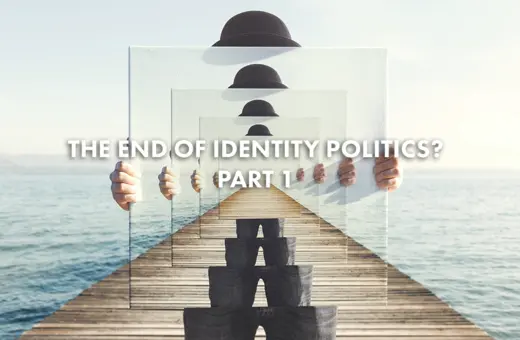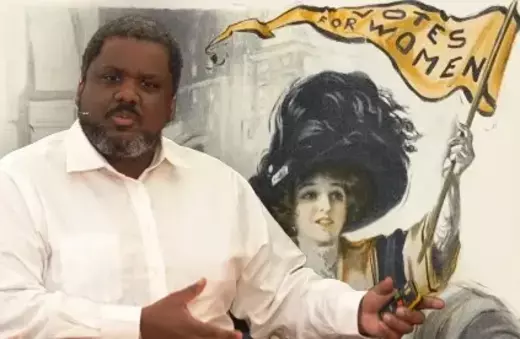Throughout human history, every single one of us has been born from a person. But that is about to change. It is claimed we are within ten years of developing an artificial womb, raising the possibility that having children could take place without pregnancy or childbirth. In this interview, Claire Horn discusses the pressing legal, social, and ethical questions that arise from this radical innovation, and offers a compelling blueprint for the way forward.
A natural parallel to this upcoming technology is the birth control pill, which some credit as catalysing huge shifts such as the sexual revolution, the transformation of the traditional family and workplace, and paving the way for gay rights. What changes do you think the artificial womb might catalyse in our society?





















Join the conversation